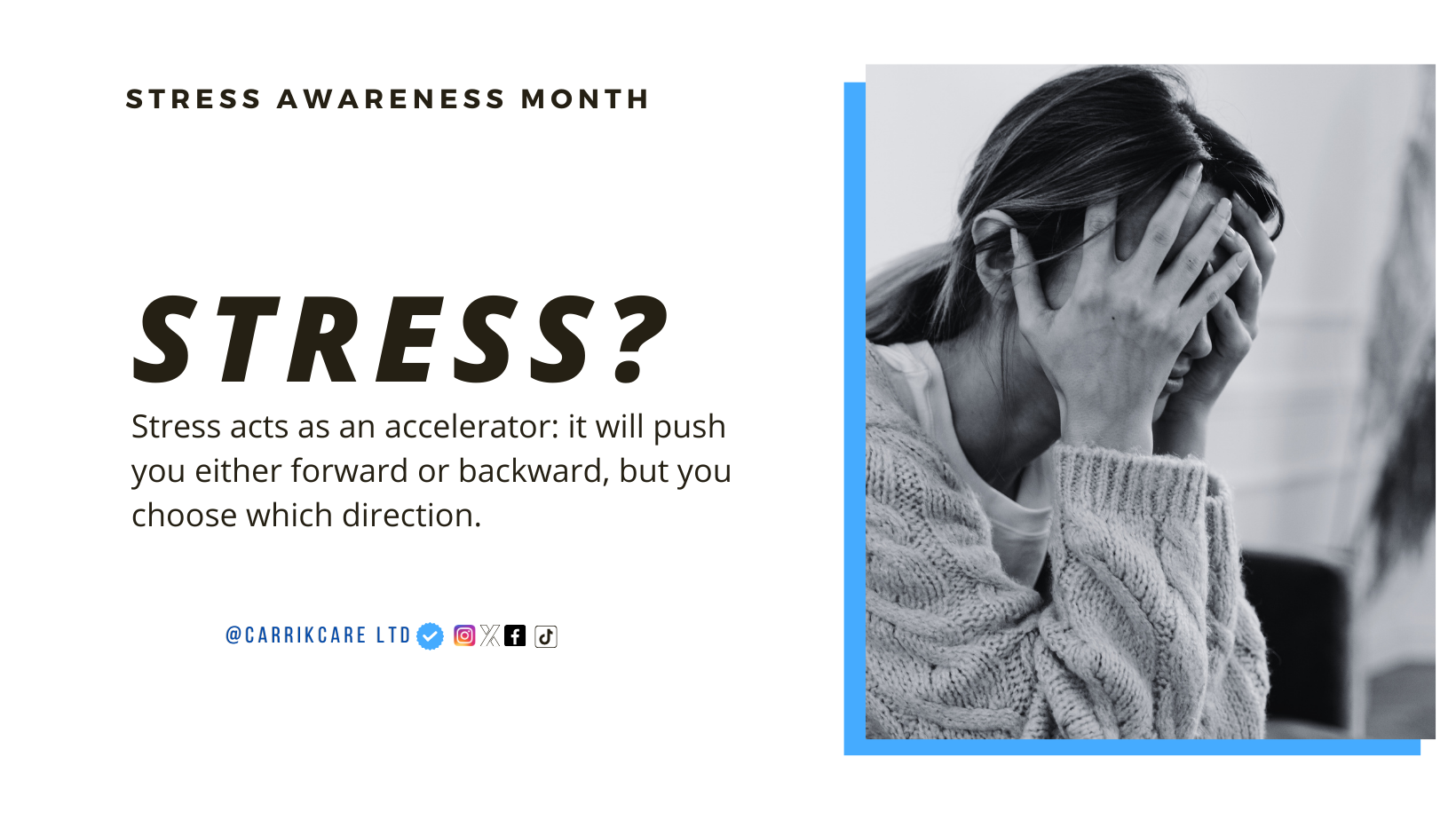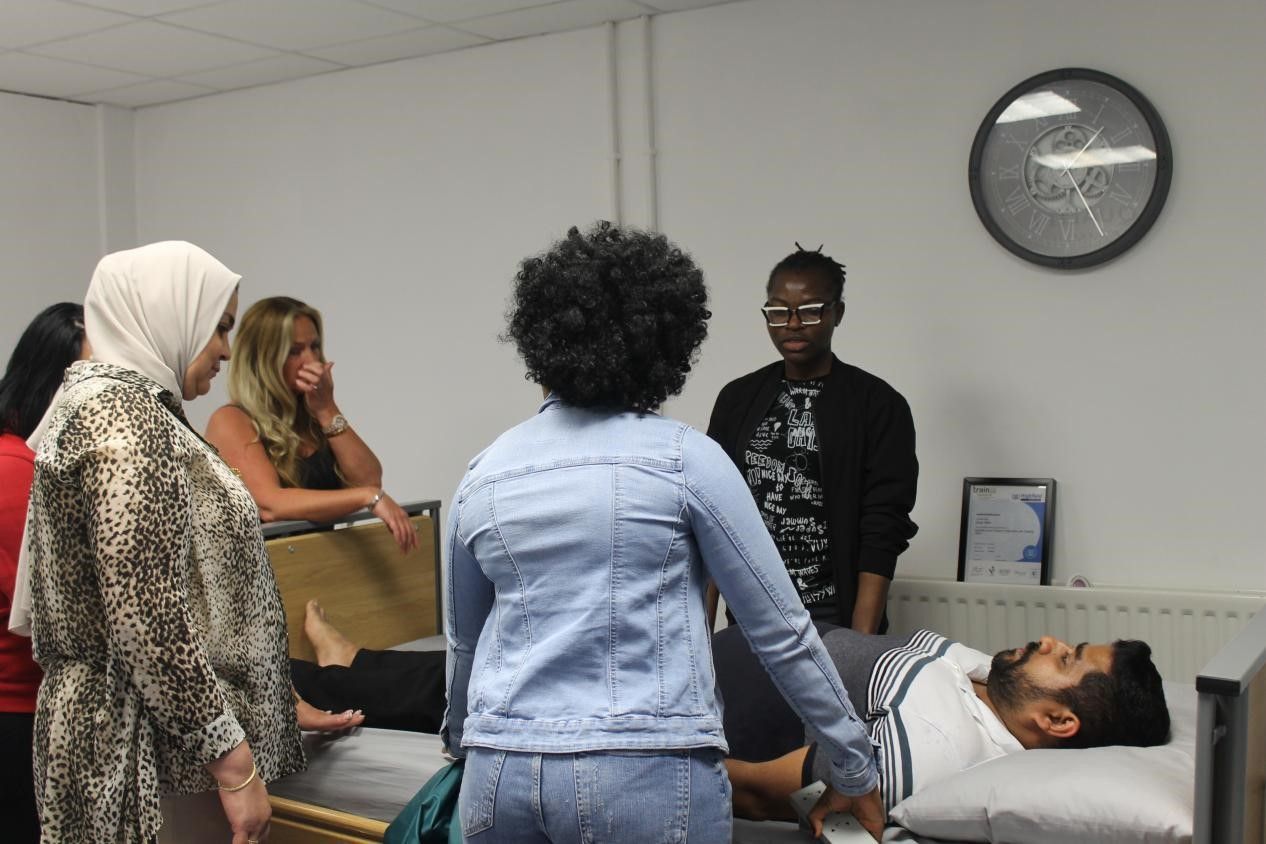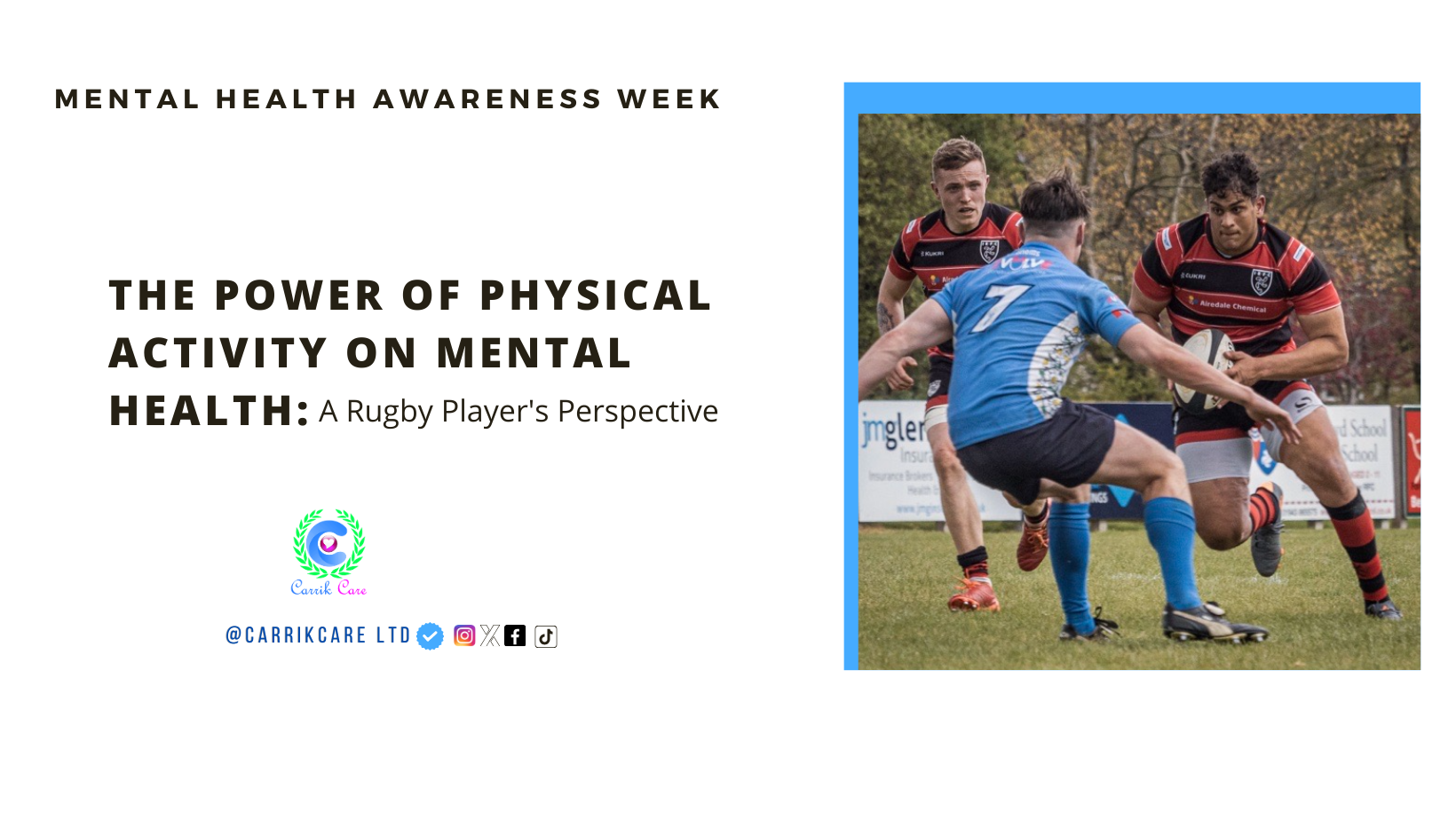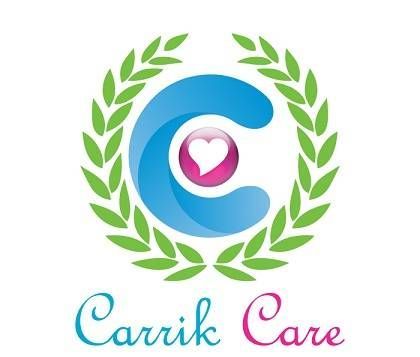





Mental Health Week seems like the perfect time to share some insights I've gained from my own experiences and the research I've come across.
1.Exercise and Mental Health: What the Studies Say
A study published in The Lancet Psychiatry in 2018 caught my attention. It used data from 1.2 million people to examine the relationship between exercise and mental health. The results were eye-opening. Those who exercised from 30 minutes to an hour each day reported experiencing two fewer days of poor mental health per month compared to those who did not exercise.
2. From the Field: An Olympic Gymnast's Story
In 2019, I read about an Olympic gymnast who spoke about how fitness helped him through his mental health struggles. A neck injury left him unable to train, which caused his mental health to spiral. He emphasized how moving his body released chemicals in his brain, making him feel better and more motivated.
3. The Balance Between Health and Obsession
It's essential not to be too hard on yourself when it comes to chasing a certain physique or a specific healthy lifestyle. Adam, the president of mental health services, pointed out that relentless pursuit might stem from poor mental health. This really struck a chord with me. It's important to find a balance and not let the pursuit of fitness become an unhealthy obsession.
4. Enhancing Well-being Through Physical Activity
Physical activity has a tremendous potential to enhance our well-being. Even a short burst of 10 minutes of brisk walking can increase mental alertness, energy, and positive mood. And it's not just about physical health. Exercise can also increase our self-esteem, contributing to how we feel about ourselves and perceive our self-worth.
5. The Stats Speak: Lower Risk of Depression and Dementia
Studies have shown that adults who participate in daily physical activity have a 20% to 30% lower risk of depression and dementia. Additionally, physical activity reduces the likelihood of experiencing cognitive decline in individuals without dementia.
6. Setting Goals and Finding What Works for You
So, what can you do to incorporate more physical activity into your life? Start by aiming to be active daily and complete 2.5 hours of moderate-intensity activity over a week – the equivalent of 30 minutes five times a week. Start small, be proud of yourself for the work you do, and pick an activity that you enjoy.
7. Start Slow, Progress, and Celebrate Every Step
If physical activity is new to you, start slowly and gradually build up your ability. Focus on task goals, such as improving sports skills or stamina, and keep a record of your activity to track your progress. Remember, every activity session can improve your mood, and regularly committing to physical activity is an achievement in itself.
Conclusion: Let's Keep Moving Forward
As a rugby player, physical activity has always been a part of my life. But now, I understand its significance for my mental health as well. This Mental Health Week, let's prioritize our well-being by staying active and taking care of ourselves. Whether it's a brisk walk, a rugby game, or a workout at the gym, let's keep moving forward together.
By Seif
Carrickcare Rugby Enthusiast










